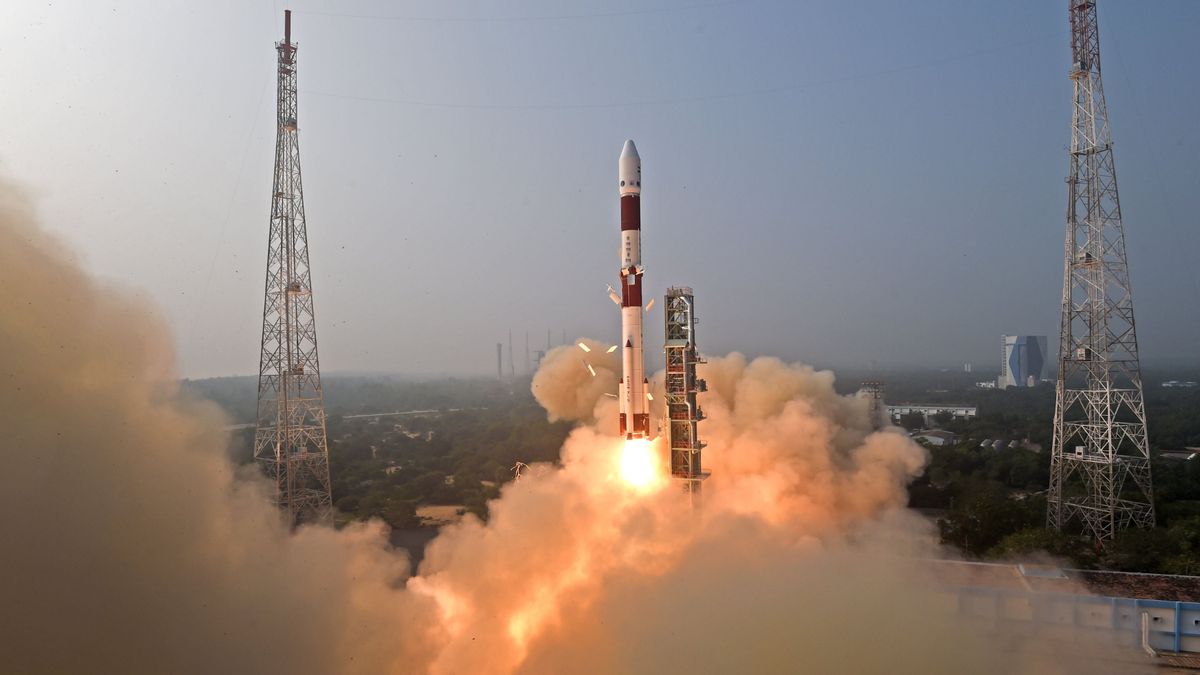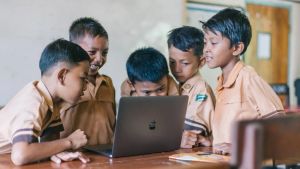JAKARTA The Indian Space Research Organization (ISRO) has launched its first mission in 2024, namely the launch mission of the Satellite Launch Vehicle (PSLV) by carrying the X-ray Polarimeter Satellite (XPoSat) satellite.
PSLV-C58 took off from the Satish Dhawan Space Center on January 1 at around 11.00 WIB. Prior to the launch, ISRO believed that XPoSat was launching in good health so that later it could operate properly.
Through this mission, ISRO plans to place XPoSat in orbit about 650 kilometers with a slope of 6 degrees. Once placed in orbit, the two instruments carried by XPoSat will measure X-ray polarimetry.
These two instruments will assist ISRO astronomers in studying neutron stars, black holes, and supernovae. All of these phenomena are believed to support ISRO's cooperation mission with the United States Aeronautics and Space Agency (NASA).
In the near future, on March 30, ISRO will launch a NASA-ISRO Synthetic Aperture Radar (NISAR) earth science mission. In the launch, ISRO and NASA will launch the Geosynchronous Satellite Launch Vehicle (GSLV) into orbit.
Meanwhile, the fourth phase of the PSLV will be directed into an orbit 350 kilometers away. The upper stage of the rocket carries the payload of the PSLV Orbital Experimental Module (POEM)-3 to help collect data in space.
SEE ALSO:
POEM-3 has ten instruments in it such as fuel cells and boosters. All of these instruments come from ISRO as well as academics and several companies in collaboration with the space agency.
Actually, ISRO deliberately puts POEM-3 in 350 kilometers of orbit to reduce debris. According to ISRO, the position will make POEM-3 less aged so they won't create debris.
By removing the debris, ISRO is determined to reduce the orbital burden that has been filled with various objects. This method is also one proof that ISRO is the space agency responsible for the launch.
The English, Chinese, Japanese, Arabic, and French versions are automatically generated by the AI. So there may still be inaccuracies in translating, please always see Indonesian as our main language. (system supported by DigitalSiber.id)


















